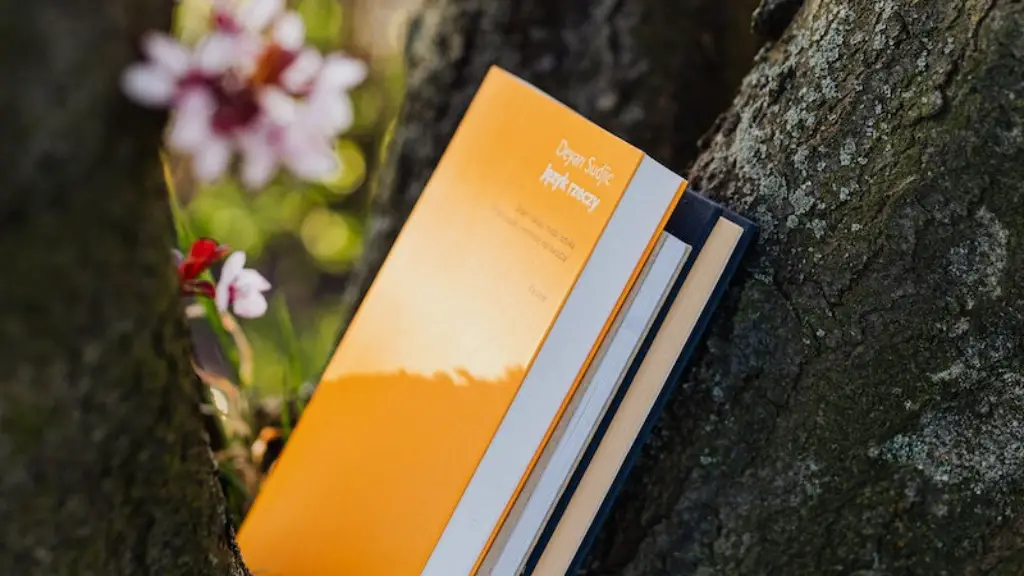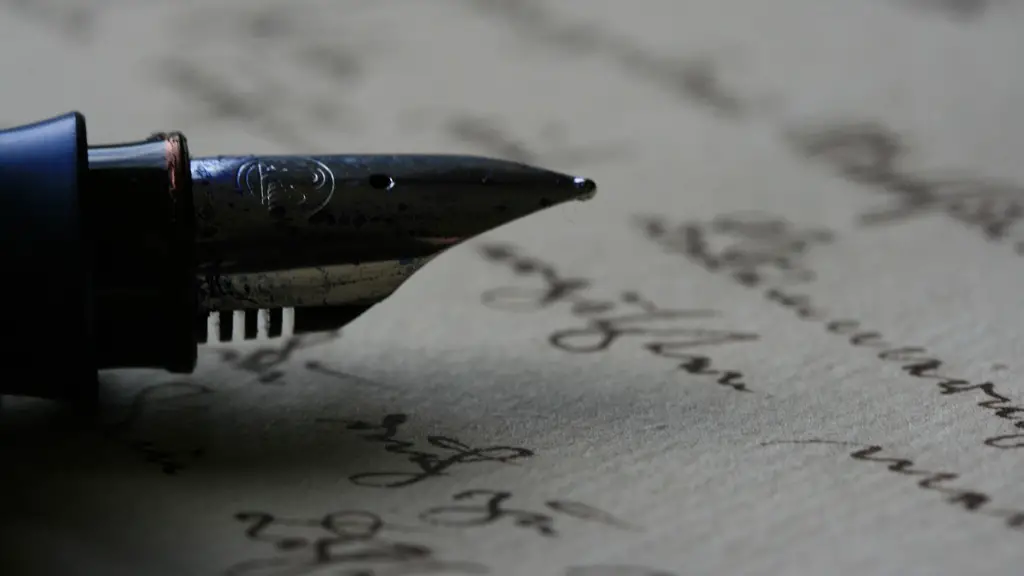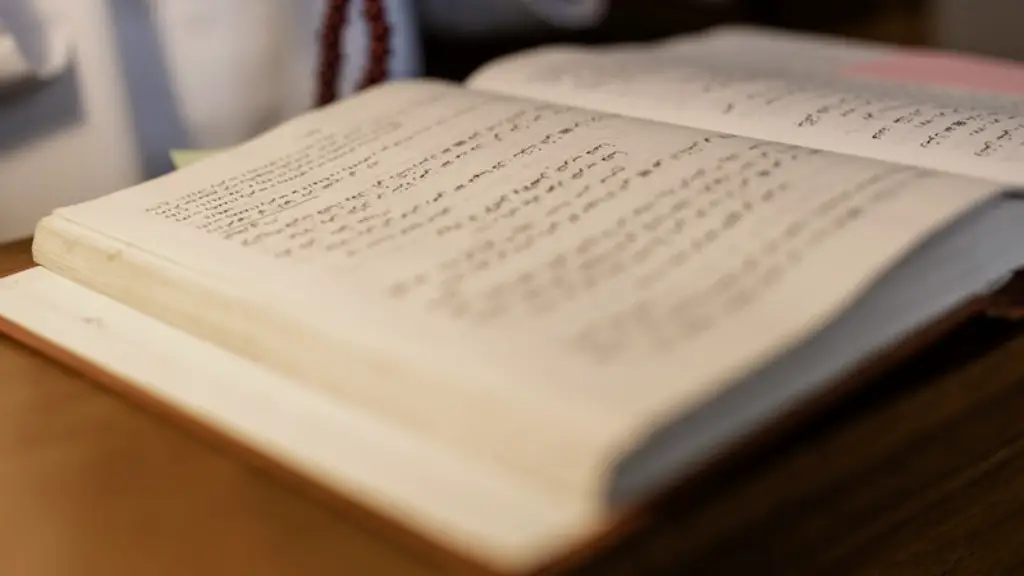Walt Whitman is a legendary figure in American literature. He was born in West Hills, New York in 1819 and died seventy-three years later in Camden, New Jersey. A poet, essayist and journalist, his most celebrated work is his 1855 collection Leaves of Grass. He is widely recognized for his faith in America and for his groundbreaking contributions to free verse.
As a character, Walt Whitman has been a transformative source of pride for generations of Americans. Throughout his life, Whitman strove to capture the spirit of democracy and its relationship with self-expression and identity. He was an ardent abolitionist and a passionate advocate for the rights of labor. He was a freethinker who believed in the power of love and human potential. He was a poet of the common people, who was known to talk to everyone he met. He referred to himself as a “kosmos”—a fully integrated individual who was both a part of and separate from the world around him.
On a metaphorical level, Whitman’s iconic work Leaves of Grass has become a symbol for America itself—a nation of tremendous energy, struggle and potential. His words evoke a deep sense of freedom and rebirth through their exploration of the human experience. In poetic lines like “I am the man, I suffer’d, I was there” he expresses a universal sentiment that has long resonated with readers. His ability to capture a sense of democratic solidarity—not just in America, but around the world—is a testament to his genius and growing legacy.
The continued reverence of Walt Whitman is owed to the fact that his complex oeuvre is still so relevant. He believed in a synthesis of dualities; that dichotomies were part of a unitary whole. He sought to express eternal truths while embracing and championingAmerica’s ongoing transformation. His pioneering incorporation of musical patterns into his lines and his refusal to conform to traditional structures has made him a beloved and admired figure in the realm of American poetry.
It is perhaps Whitman’s timeless sense of hope that makes him such a revered figure. His imageryof grass and resurrection, of death and eternity, speaks to something elemental within our collective human experience. Even today—in a vastly shifted political, social and geographical landscape—Whitman’s words resonate with the same optimism and faith in humanity that inspired them a century and a half ago.
Influence on Latinx and Native Voices
Despite the importance of Whitman’s work in American literature, many are only now beginning to recognize the influence it had on Latinx and Native voices. Whitman’s poetry has had a profound impact on writers like the poet Francisco X. Alarcón, who saw in him “a restless traveler, a dreamer of dreams, a bridge between two continents and between two races…an example of kinship and universal understanding.” Whitman was not only attracted to Native American and Mexican cultures, but created a dialog between the two in his works.
Where other writers of his time sought to define these groups through their lens, Whitman celebrated their unique mythologies and worldviews. He sought to forge a bridge between the American experience and the stories of indigenous cultures. Though there have been criticisms of Whitman’s depictions of Native peoples, this influenceshould be remembered and, in fact, celebrated.
Whitman was also influential in championing members of the Latinx and Native communities who sought to become published writers. He befriended and supported writers like Sui Sin Far—the pseudonym of Edith Maud Eaton, a Chinese-British-American author—and Cipriano Muñoz, a Mexican writer and journalist. He described both as “original poetic minds” and the vanguard of national progress.
By championing Latinx and Native voices, Whitman became one of the foremost figures in America’s journey towards a greater diversity of thought. His embrace of the other and his celebration of unity and inter-culturalism has immortalized him as a symbol of American inclusion and progress.
Portrayal of Sexuality
For much of Whitman’s life, sexual identity and expression were highly regulated and taboo topics for literary works. Though he had romantic relationships with men, his writings steer away from explicit statements of homosexuality. In many ways, this reflects a common approach to controlling moralistic norms at the time.
Yet, while it may be difficult to view Whitman’s works as explicitly queer, they certainly contribute to an era of more progressive ideas—especially pertaining to same-sex intimacy. Take, for example, his 1855 poem “To a Stranger”: “We may not be linked together, / yet we at least felt what it is to love— / and blent two moments with a voice…” Though subtle, the poem illustrates the potential of illicit and intimate relationships in a time when such feelings were often censured.
In other works, such as “Calamus,” Whitman wrote of “murmurous contact, infinite yearning” and a desire to “commune with that something in myself…a being that I can not understand.” While today these passages may seem ambiguous, for many readers of his time, it was enough to open their eyes to ideas of undefined love and intimacy between two men.
By writing for a rapidly changing audience and refusing to conform to traditional conventions, Whitman secured his legacy as a progressive figure in literature and in American culture at large. His frank explorations of sexuality and sexual identity may not have been explicit, but they are notable in their subtleness and in the bridging of wider social conversations.
Whitman’s Unknowable Legacy
Through poetic precision and indefatigable patriotism, Walt Whitman oversaw a transformation in the American literary landscape. As the father of modern American poetry, he continues to inform generations of writers. His insistence on broadening the range of expression and rhetoric in the nineteenth century inspired a more self-aware sense of individual expression and generated vital conversations on race, sexuality, labor relations and more.
Though there is still much to evaluate and analyze in Whitman’s multifaceted discourse, it is impossible to ignore the poet’s undeniable impact. His depictions of American life—with an often unvarnished understanding of society’s flaws—aintain a powerful relevance even in our current moment.
Whitman is, in a sense, an unknowable figure. Cited as an influence by multiple generations of writers, he speaks to all who have the fortune of encountering his work. He was once described as having a “faculty for being a kind of all things to all men;” today, he continues to speak many truths. In his words, we find an enduring sense of hope in both ourselves and in our ever-evolving society.
Fluidity in Whitman’s Prose
A distinctive feature of Whitman’s works is their musicality and lyrical fluency—in part, a testament to the poet’s centuries-long dialogue with nature. His lines often move together in a stream of dynamic, cascading structures. In one moment, he might assign 13 syllables to the same line, and in the next he might break it down into five. His recurring use of extended or abbreviated syllables creates a fluid movement that mimics natural dialogue and mesmerizes readers.
One example of this rhythmic style is Whitman’s poem “Song of Myself.” Here, Whitman uses several techniques to enliven his verse. He incorporates onomatopoeic sounds, open-stress poetry, broken rhythms and extended rhyme to reflect the dynamism of the natural world. In fact, the very structure of the poem—in which Whitman alternates his syllables—evinces a stream-like flow that mirrors themes of movement, change and growth.
In “Song of Myself,” Whitman emphasizes his love for the metaphysical world, where he finds “the least sound,as of the faintest wind, a symbol or metaphor of itself… and of the cautioning full wake.” In his repeated phrases and lush imagery, Whitman captures a sense of free-flowing movement not bound by physical or temporal restraints. His technique speaks to a deep connection between the poet and nature, as well as to our own human connection to something greater than ourselves.
A Personal Take on Whitman’s Legacy
Whitman’s work has been a source of comfort and inspiration for me since my early years. In his sprawling words, I found strength and encouragement to explore my own identity. The humility of his poetry and its overwhelming faith in humanity fosters a gentle optimism that I find myself returning to in times of doubt. His oeuvre will continue to be a body of work that speaks to our human experience and helps us reflect on what it means to live freely.
To me, some of Whitman’s most powerful works show his ability to capture the pain and terror of war. His long poem “Drum-Taps” recounts his experience as a volunteer battlefield nurse during the Civil War. In its pages, Whitman articulates the hidden horrors of conflict—from missing limbs to disembodied souls crying in the smoke-filled sky. It is an elegy for a broken country, but also an affirmation of life that he finds in the devastation.
Whitman’s certainty in the power of poetry and his commitment to recording the long journey of history continue to be his most lasting legacies. His faith in America and his radical embrace of the beautiful, unflinching truth of life will undoubtedly stay with us for centuries more.





